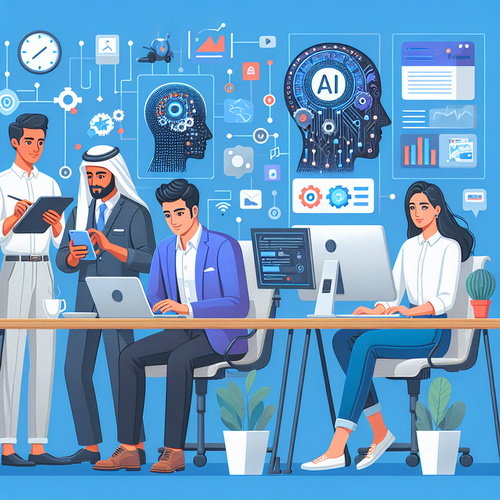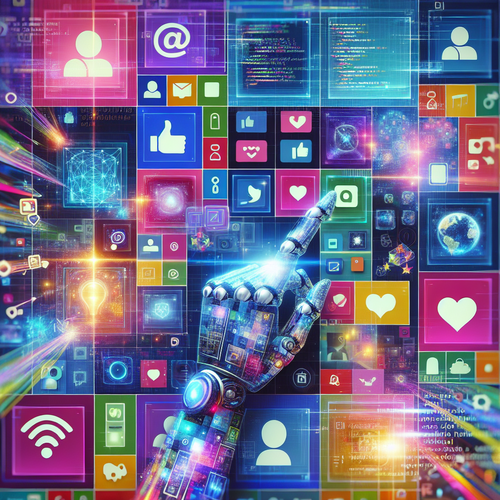
The Future Impact of AI on Healthcare Delivery
The Future Impact of AI on Healthcare Delivery
The integration of Artificial Intelligence (AI) into various sectors has fundamentally revolutionized how services are delivered. Among these sectors, healthcare stands out as a field where AI’s impact is both profound and essential. With the ability to process massive amounts of data with high precision, AI is reshaping traditional methodologies in patient care, diagnosis, and treatment.
AI Transforming Patient Care
As healthcare systems worldwide strive to enhance patient satisfaction while optimizing costs, AI emerges as a pivotal player in achieving these goals. Here’s how:
- Personalized Treatment: Utilizing patient data, AI algorithms help in creating customized treatment plans that cater to individual needs, improving patients’ treatment adherence and outcomes.
- Predictive Analytics: AI can assess historical health data to predict patient outcomes, allowing healthcare providers to take preventive measures before conditions worsen.
- Telemedicine Enhancement: AI tools enhance telemedicine platforms, making remote consultations more efficient by streamlining patient assessments through real-time data analysis.
AI in Diagnostics
One of the most significant contributions of AI in healthcare comes in the area of diagnostics:
- Image Recognition: AI algorithms excel at interpreting medical images, such as MRIs and X-rays, often achieving results comparable to or better than human radiologists.
- Early Detection: By analyzing vast datasets, AI can identify patterns signaling early stages of diseases like cancer, enabling prompt intervention.
Streamlining Administrative Tasks
Beyond direct patient care, AI automates numerous administrative tasks, alleviating the burden on healthcare professionals. Its benefits include:
- Appointment Scheduling: Smart scheduling systems can optimize physician calendars, reducing wait times for patients and improving office efficiency.
- Billing and Claims Processing: AI can expedite these processes, ensuring quicker reimbursements and less administrative overhead.
Challenges and Ethical Considerations
Despite its advantages, the integration of AI in healthcare presents challenges:
- Data Privacy: With the vast amount of sensitive data involved, ensuring patient confidentiality is paramount. Robust security measures are essential to protect this information.
- Bias in Algorithms: AI systems require diverse datasets to function accurately. Failure to consider this can lead to biased results affecting patient care.
The Road Ahead
Looking to the future, AI in healthcare promises to:
- Integrate Wearable Technologies: The synergy between AI and wearables will enable continuous patient monitoring, facilitating real-time health management.
- Enhance Drug Discovery: AI can dramatically reduce the time and cost involved in drug development by simulating biological processes and predicting drug interactions.
- Facilitate Global Health Initiatives: AI can assist in identifying outbreaks and monitoring public health data, leading to swifter interventions in potential health crises.
For a related read on how technology is reshaping healthcare, check out our article on Exploring the Future of Quantum Computing, which delves into innovative technologies poised to transform various sectors.
In conclusion, as we navigate the future of healthcare delivery, embracing AI’s potential will be essential in achieving better health outcomes and operational efficiencies. The future is here, and it is powered by intelligent technology.
















